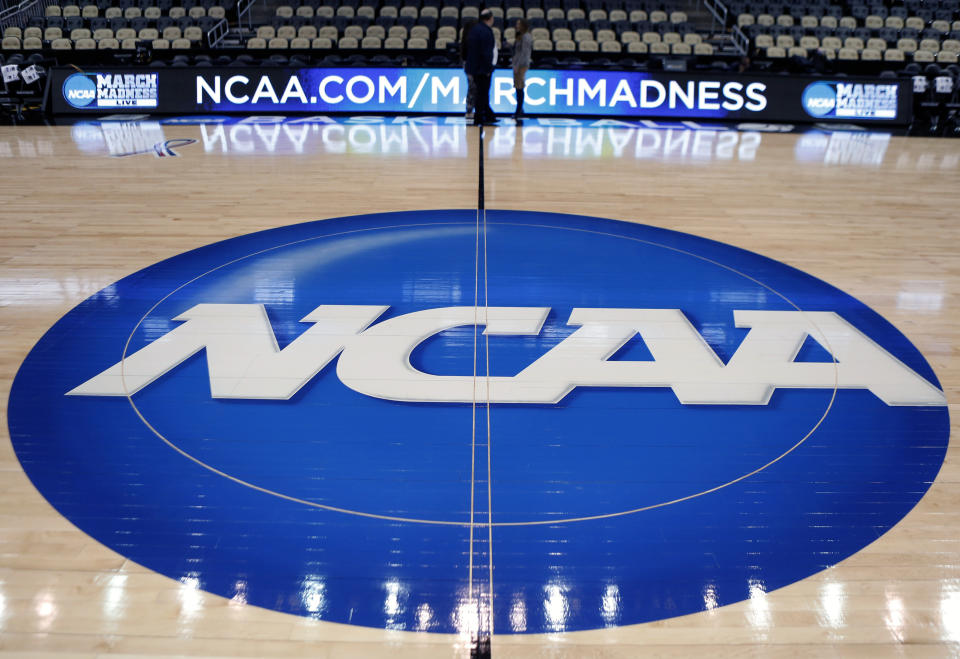Power Five schools can now cancel scholarships after a player wants to transfer

Not long after the NCAA said players don’t need to get permission from their schools to transfer, Power Five conferences are changing the way scholarships are handled for players who want to transfer.
The NCAA announced Tuesday afternoon that “schools can cancel the aid of a student-athlete as soon as he or she provides written notification of transfer, but the aid may not be reduced or canceled until the end of the term. Schools can re-award the scholarship at the end of the term, subject to other financial aid rules.”
In plain terms, if a player decides that he or she wants to transfer in October, a school now has the right to cancel the player’s financial aid agreement at the conclusion of the fall semester.
New rule a result of conference autonomy changes
The Power Five conferences — ACC, Big Ten, Big 12, Pac-12 and SEC — have been granted autonomy by the NCAA to make their own rules in certain circumstances. The conferences already had the right to cancel a player’s aid agreement for academic or disciplinary issues and now impending transfers have been added to the list.
According to the NCAA’s release, the measure is pitched as a way of being fair to schools and a player’s teammates.
“In fairness to the transfer student-athlete’s teammates, coaching staff and overall team dynamic, the Division I [Student Athlete Advisory Committee] felt that a student-athlete should not be able to give notification, search for other opportunities, then return to their institution if dissatisfied with their options with no repercussions,” UMKC athlete Noah Knight said.
The sponsoring conference, the Big 12, noted that allowing schools to cancel aid immediately provided a measure of fairness to student-athletes remaining at a school.
A step back for player rights?
On June 13 the NCAA announced that players didn’t have to get permission from their schools if they wanted to transfer. At the time, it was hailed as a big win for player rights as coaches blocking transfers had become a semi-common but not publicly-hailed practice.
This takes some of the bite out of that initial rule change. While a player no longer has to hope his or her coach says yes to the transfer request, that request must now be very close to final. If a school can cancel a player’s aid for asking for a transfer, the player better be very sure of the decision to transfer.
It’s also easy to see schools and coaching staffs not universally applying the rule. If a key player comes to a coaching staff with a transfer request the school may wait to cancel the player’s aid until he or she finds a new school. If a disposable player comes in with a transfer request, the school may immediately decide to cancel the aid knowing it can use the soon-to-be-available scholarship spot for a different, and perhaps better, player.
Maybe that’s a cynical scenario. But there are many things to be cynical about when it comes to schools’ reluctance to grant players the freedom coaches have and the overall reluctance to pay players.
– – – – – – –
Nick Bromberg is a writer for Yahoo Sports.
Follow @NickBromberg on Twitter
More from Yahoo Sports:
• Reporter caught reacting to Caps coach’s resignation on live TV
• Senegal scores most bizarre, controversial goal of World Cup so far
• Mexican star announces grandfather died after country’s historic upset
• NHL player traded twice in one morning amidst fiancee’s cyberbullying scandal



